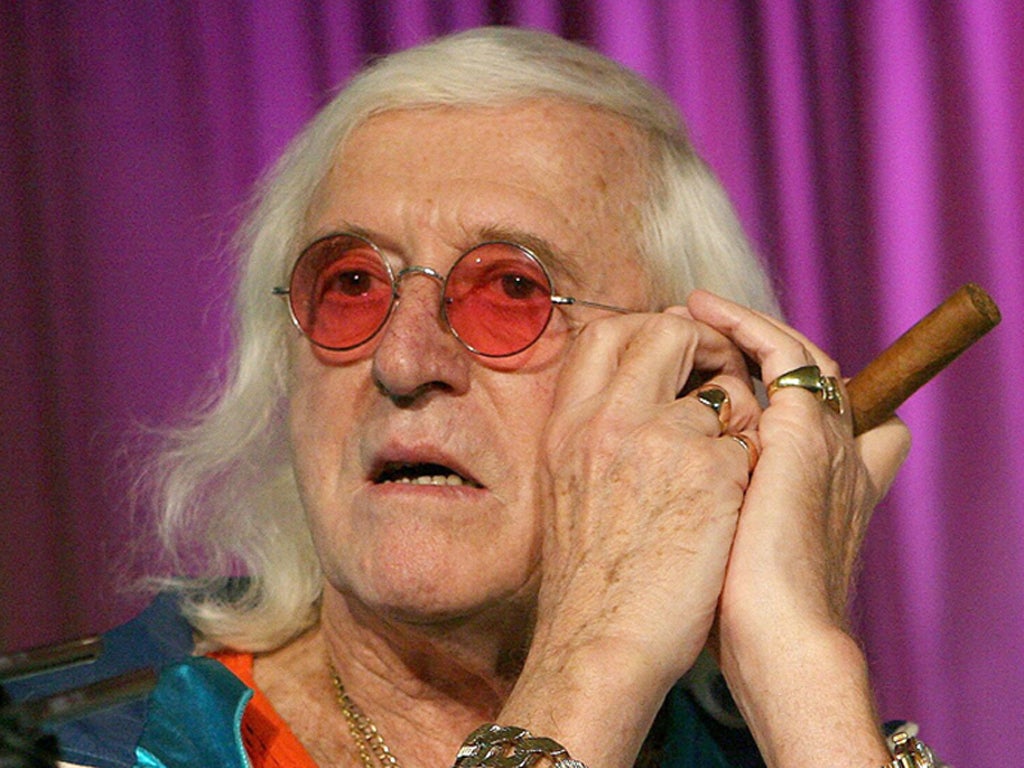Details of three doctors passed to police investigating Jimmy Savile allegations amid fears of paedophile sex abuse ring

The details of three doctors, who are alleged to have abused young people they were caring for, have been passed to detectives investigating allegations of sexual abuse by Jimmy Savile.
The move comes amid allegations that the doctors, who worked at hospitals where Savile had links, were involved with a network of child abusers, which also included the disgraced BBC presenter.
A report in the Guardian today claims that the three doctors have been identified by victims who came forward in the last couple of weeks - and that their names have now been passed to police.
The former DJ was reportedly given free reign at Leeds general infirmary, had living quarters and an office in Broadmoor and a bedroom in Stoke Mandeville.
Though police have not yet found evidence that there was a paedophile ring they are investigating individuals who may have had access to vulnerable children and who could have been associated with Savile.
The NSPCC has said since the allegations against the former BBC presenter emerged they have received 161 calls relating to him, which have been passed to police.
The charity said it was possible that Savile was one of the “one of the most prolific sex offenders” they had ever seen.
The decision of Director of Public Prosecutions, Keir Starmer, to review legal papers from 2009 is likely to again put the decision not to prosecute Savile over sex abuse allegations under the spotlight.
Allegations, including claims that Savile indecently assaulted a young girl at a children's home, were submitted to the Crown Prosecution Service (CPS) - but the case was dropped due to lack of evidence.
Mr Starmer said the evidence was considered by prosecutors, but the alleged victims would not support police action.
Starmer asked the Chief Crown prosecutor for the South East, Roger Coe-Salazar, to look at the files again after the allegations against Savile snowballed.
He concluded the correct decision was taken, but said the files would again be reviewed “out of an abundance of caution”.
Mr Starmer said: “He has assured me that the decisions taken at the time were the right decisions based on the information and evidence then available.”
Mark Thompson, the former BBC director general, also faces questions over whether he is the right person to take charge of the New York Times newspaper in the wake of the Jimmy Savile scandal.
Speaking to the Guardian he said the BBC's head of news, Helen Boaden, told him there was nothing about Newsnight's investigation into Savile that should concern him.
At Prime Minister's Questions yesterday David Cameron waded into the row saying that lessons must be learned from the scandal over Savile's alleged decades long abuse, he said: “The Director of Public Prosecutions has confirmed that his principal legal adviser will again review the papers from the time when a case was put to the CPS for prosecution.
“The Director of Public Prosecutions specifically is going to consider what more can be done to alert relevant authorities where there are concerns that a prosecution is not taken forward.
“The Government will do everything it can do, other institutions must do what they can do, to make sure that we learn the lesson of this and it can never happen again.”
The continuing row over the crisis has put tremendous pressure on the BBC, with MP Sir Roger Gale, a former BBC journalist, suggesting that George Entwistle and Lord Patten may have to “fall on their swords” over the handling of the situation.
Allegations today in The Sun claim that two more employees are suspected of sex crimes at the BBC, and that information had been passed onto police.
Reacting to calls for senior BBC staff to resign the World affairs editor John Simpson said the BBC made “a fearful mistake” in not broadcasting the Newsnight investigation, but warned against a “panic reaction”.
He wrote in today's Spectator magazine: “We should find out what really happened in an atmosphere of calm and reflection, not thrash around looking for a scapegoat to punish for Savile's crimes. And above all, the BBC's top figures mustn't be stampeded into hasty resignation.”
